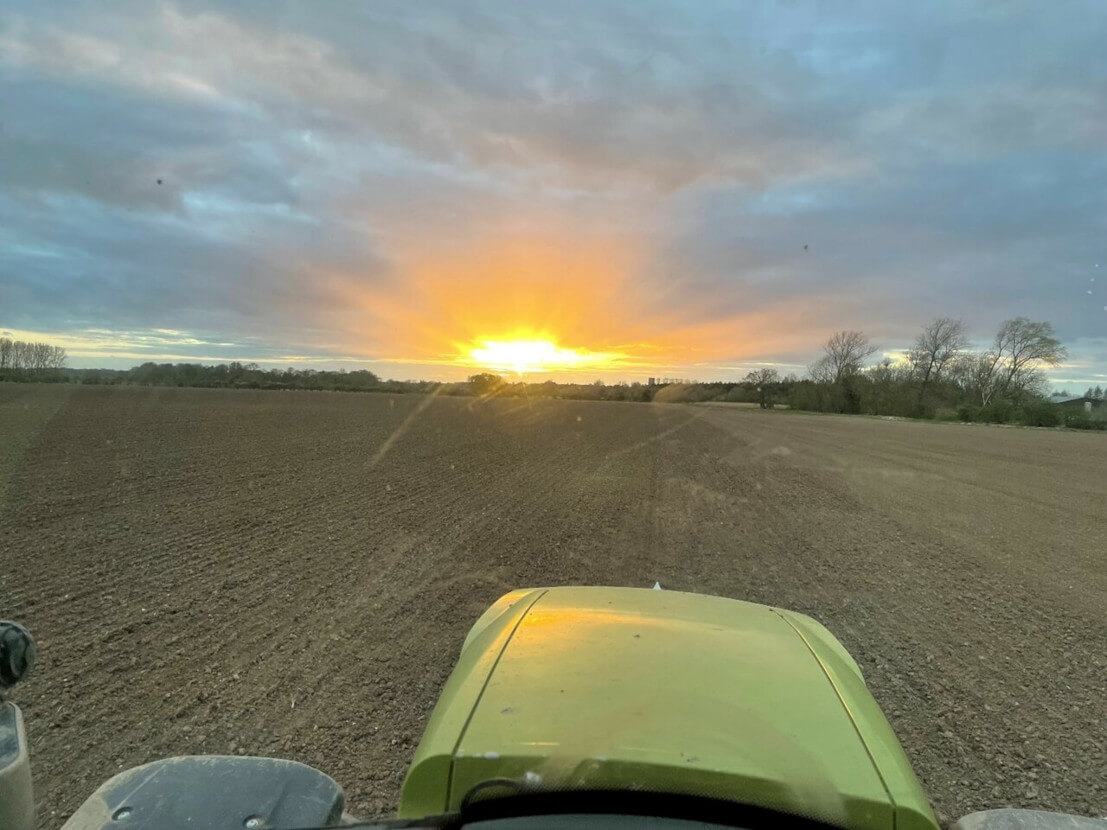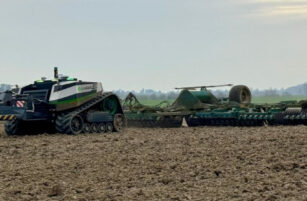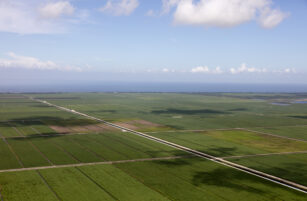Insight Focus
This year’s wheat crop is set to be smaller, and possibly with lower bushel weight and lower protein. Even the rye harvest started late his year, despite its hardiness. There may be a pleasant surprise to come from the sugar beet crop.
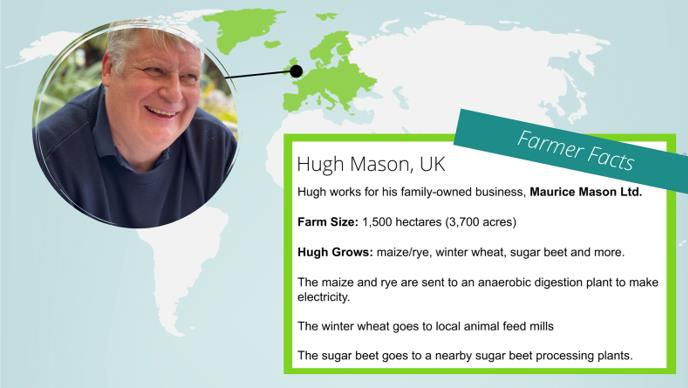
What’s Happening on the Farm?
Life appears to be rushing past at speed — or I’ve been asleep too long — as we have gone from doing “nothing” to harvest. We also have a general election, there are many weddings and a holiday to take into account.

We support a very small charity, which in turn is part sponsoring the Ghanaian Sevens rugby team, which is currently in competition. Sadly, they missed out on the Olympics by one game.
In the brief period of calm, the company’s farm advisor came for a visit to explain the government’s “new offering”. Cecelia attended.

Call it climate change, or whatever you want, but the issue of weather is something we are going to have to adapt to and we are forming a plan.
It has stopped raining, although for grains it will be recorded as the wettest year in living memory, whilst temperature has turned cooler than normal. This is against expectation. If long term weather probabilities are to turn out correct, it must warm up soon.
What Stage Are Your Crops At?
Wheat/Rye
Wheat has started and nearly finished flowering.
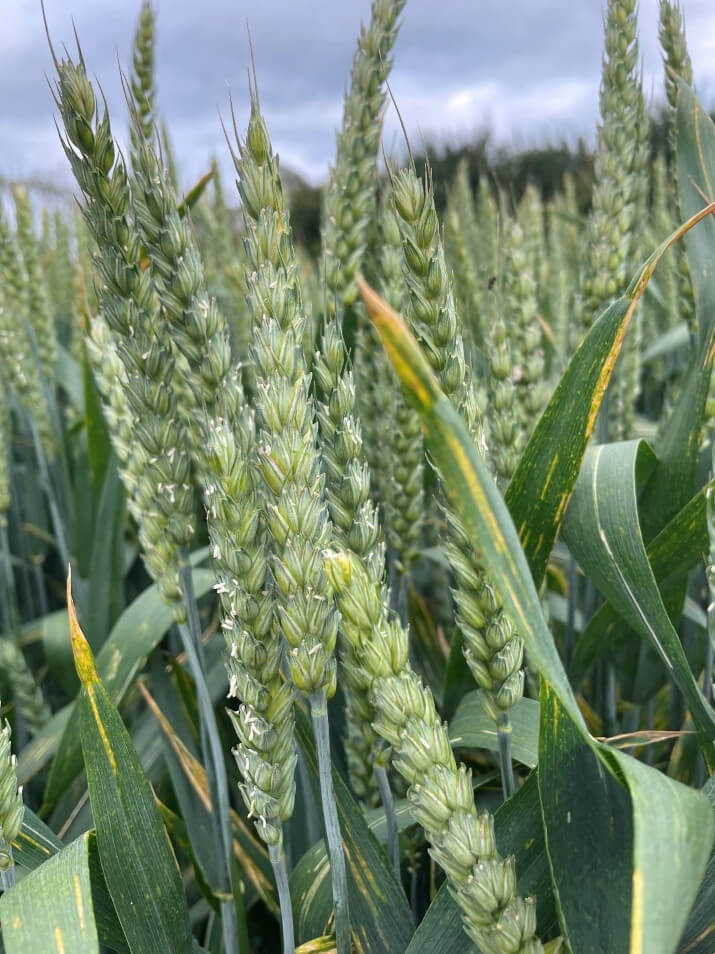
For us, this is arguably the most important time for this crop, after establishment, as it is the accumulation of day degrees (work that we are finally catching up with).
Forecasts suggest a smaller crop — no surprise there — but also lower bushel weight. I add to that lower protein, because of the year and the cost of nitrogen. But if you don’t apply nitrogen, you get this:
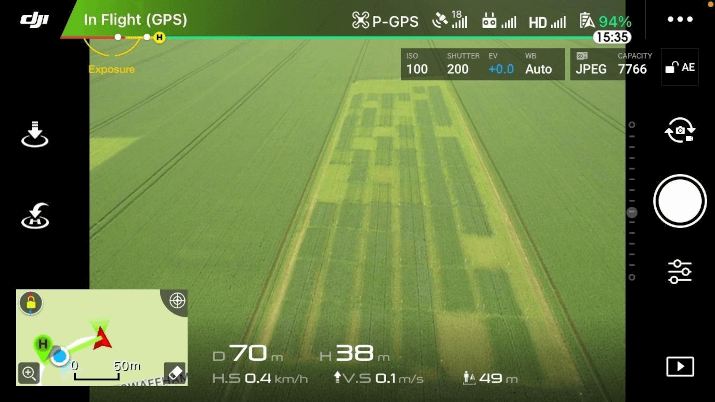
When the “regeneration crowd” have to earn their living from only their farming activity, they may quieten down with their criticism of conventional farming. Or the price of wheat is going to go up — by a lot.
The rye harvest began a week earlier than normal and I’m not sure why, as it is a very resilient crop. It is still too early for yield information.
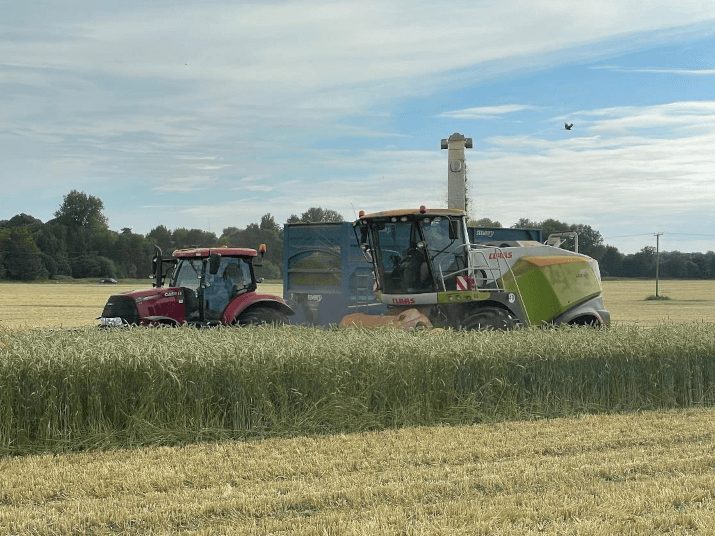
A similar no nitrogen trial to our wheat one has shown that by applying no nitrogen you will have significantly less of everything that is good. This is even though this crop can go and “scavenge” what it needs.
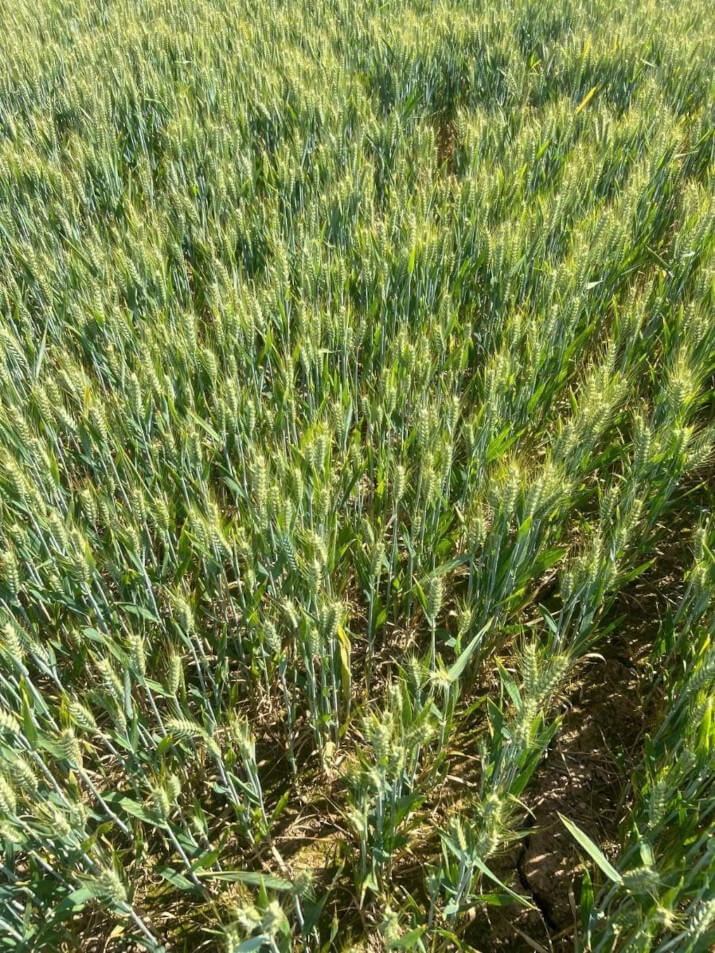
OSR
Looking over the hedge I continue to admire but I’m told my neighbour is giving this crop up completely next year. As a sign of the issues, a crusher of rapeseeds is offering to guarantee establishment. I think that the area for harvest ’25 will be down again.
We here, at MML, are going back into the crop. Swim against the tide is what I say!. If you see me flailing around in the North Sea, please pick me out of the ocean.
Sugar Beet
Planted late, but mainly there, you’d argue that yield will be down. Although I agree, sugar content can still be very high depending on the light levels from early September onwards. Harvest ’23 light levels were at the low end of the range. If probability forecast is somewhere near accurate, we might have a pleasant surprise coming.
It is that time of year where price negotiations start for the coming year. I observe that the grower has been offered many “free” things at local agricultural shows from the processor, which scares the living daylights out of me. The only thing that matters is the price per tonne and with the gradual withdrawal of the activity of farming, the processor should stop sending sugary biscuits and send money instead.
What Are Your Big Concerns at the Moment?
English agriculture is slowly and quietly going broke, and you can see the clouds gathering.
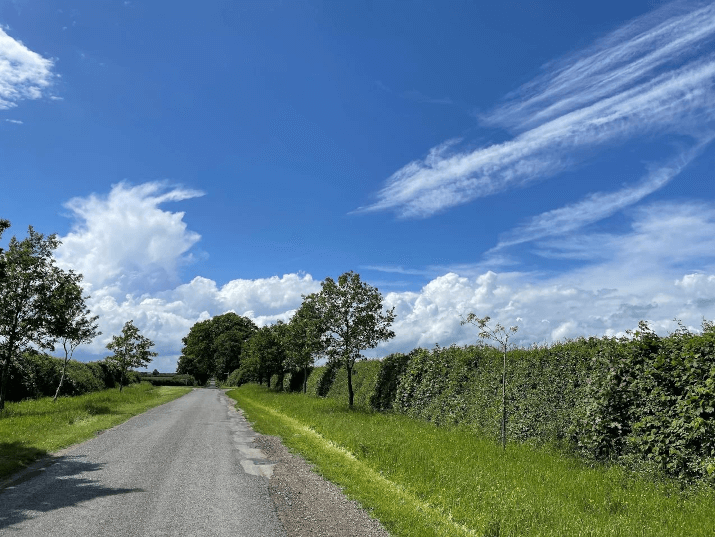
Even Jeremy Clarkson with his Amazon series Clarkson’s Farm cannot change this. Agricultural shows, of which there are many this time of year, don’t really focus on the “coal face”.
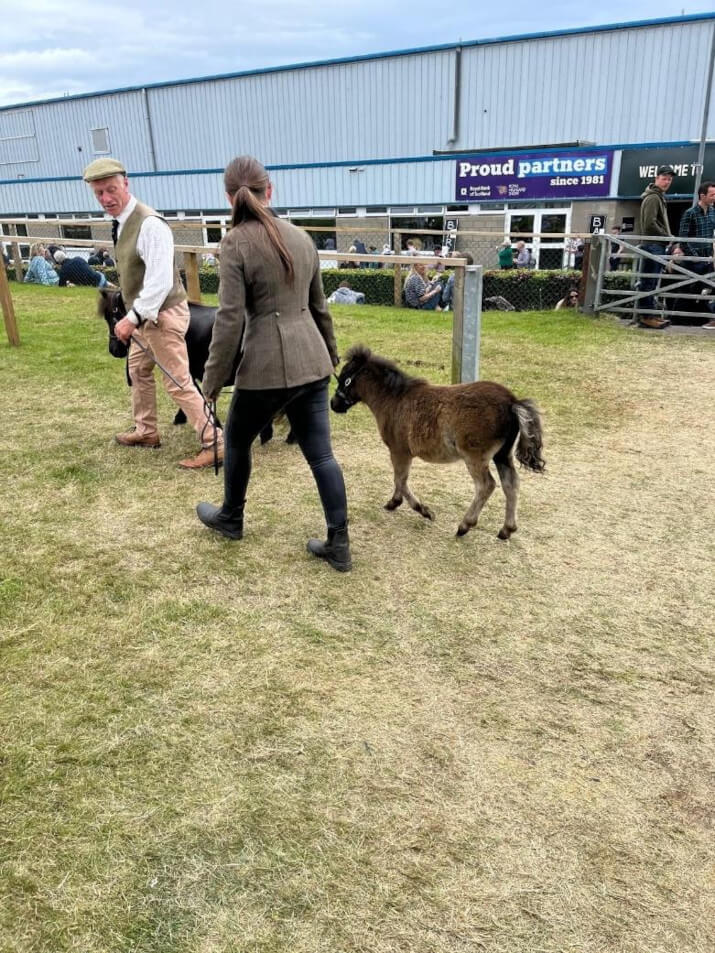
I have a friend who makes planes, guided missiles and other things that do harm. Both that and agriculture are supported by the state. We often discuss which is more important, bombs or food. Surprisingly he argues “bombs” and I argue “food”.
The spending on food/environment has dropped by a third while killing people gets an increase in spending. Perhaps that’s the plan, let the electorate die one way or another and then the politicians won’t have to have elections – Genius!

And sad news, the wife has given up her “patch” and has taken up a new hobby. What more can a working farmer say.

